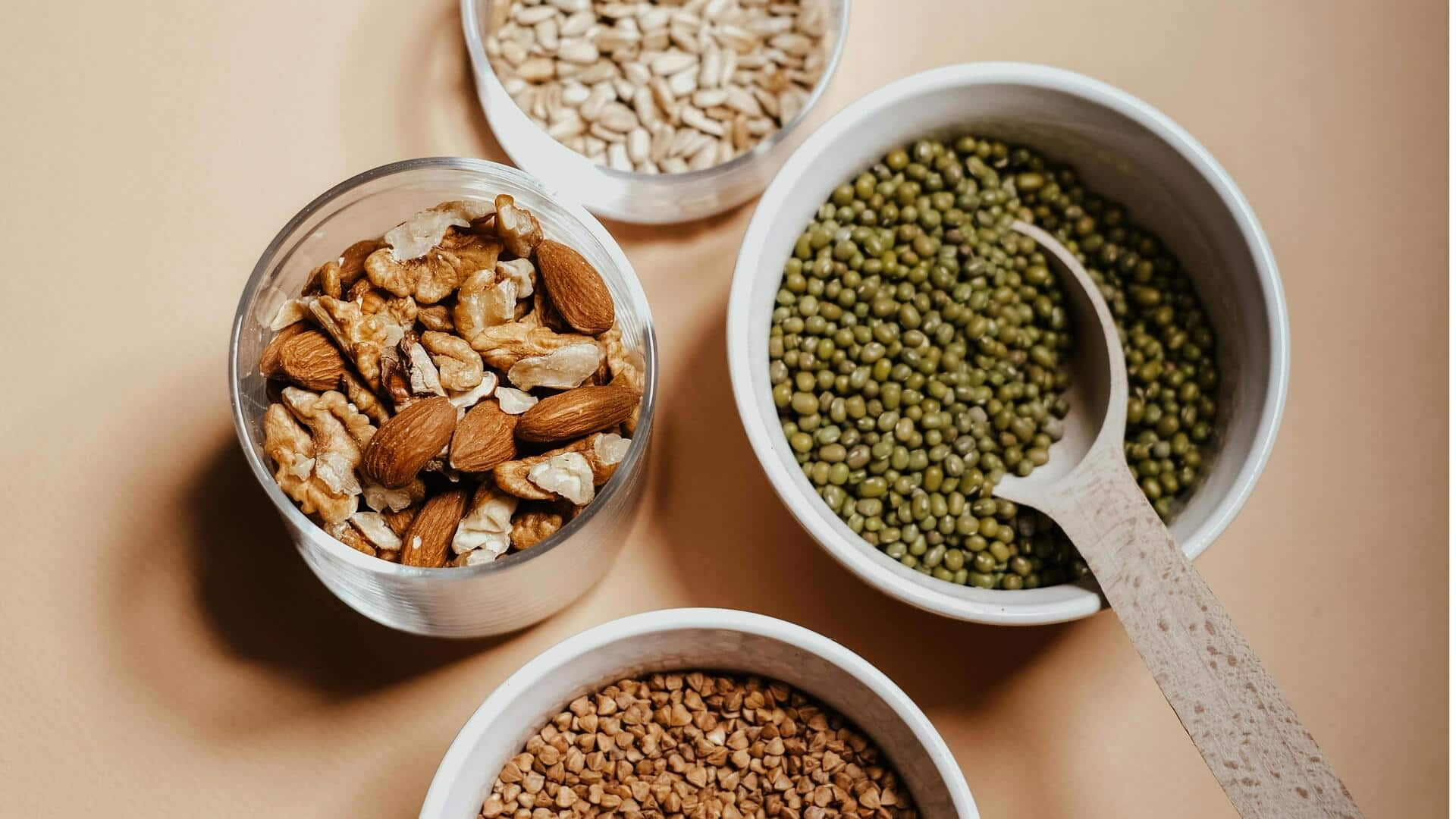
These supergrains can power up your plant-based meals
What's the story
African supergrains are becoming increasingly popular for their nutritional benefits and versatility in plant-based cooking. These ancient grains are packed with essential nutrients, making them an excellent addition to a healthy diet. They can be used in a variety of dishes, adding flavor and texture while boosting the nutritional value. Here are five African supergrains that can elevate your plant-based meals.
#1
Quinoa: The protein powerhouse
Quinoa is famous for being a complete protein source, containing all nine essential amino acids. It is also rich in fiber, magnesium, and iron. This grain cooks quickly and can be used in salads, soups, or as a side dish. Its slightly nutty flavor goes well with different ingredients, making it a versatile choice for plant-based recipes.
#2
Teff: The tiny nutrient-dense grain
Teff is an ancient Ethiopian grain that is tiny but packed with nutrients. It is high in calcium, iron, and vitamin C. Teff flour is commonly used to make injera, a traditional Ethiopian flatbread. Its mild taste makes it suitable for sweet and savory dishes alike. Teff's high fiber content also makes it great for digestion.
#3
Fonio: The quick-cooking grain
Fonio is one of the fastest-cooking grains, taking just five minutes to prepare. Originating from West Africa, fonio is rich in amino acids like methionine and cysteine that are often missing in other grains. Its light texture makes it an ideal base for pilafs or as a substitute for rice or couscous in various recipes.
#4
Millet: The versatile staple
Millet serves as a staple across many African countries due to its adaptability and resilience in harsh climates. It is high in B vitamins, magnesium, phosphorus, and antioxidants that promote overall health. Millet can be boiled into porridge or ground into flour for baking bread or pancakes.
#5
Sorghum: The gluten-free option
Sorghum is another gluten-free option that is becoming increasingly popular among those who want to avoid gluten but still have nutritious grains in their diet. It has a high protein content along with fiber, which helps keep blood sugar levels stable when consumed regularly. Sorghum flour can be used to thicken soups, stews, or bake gluten-free bread.